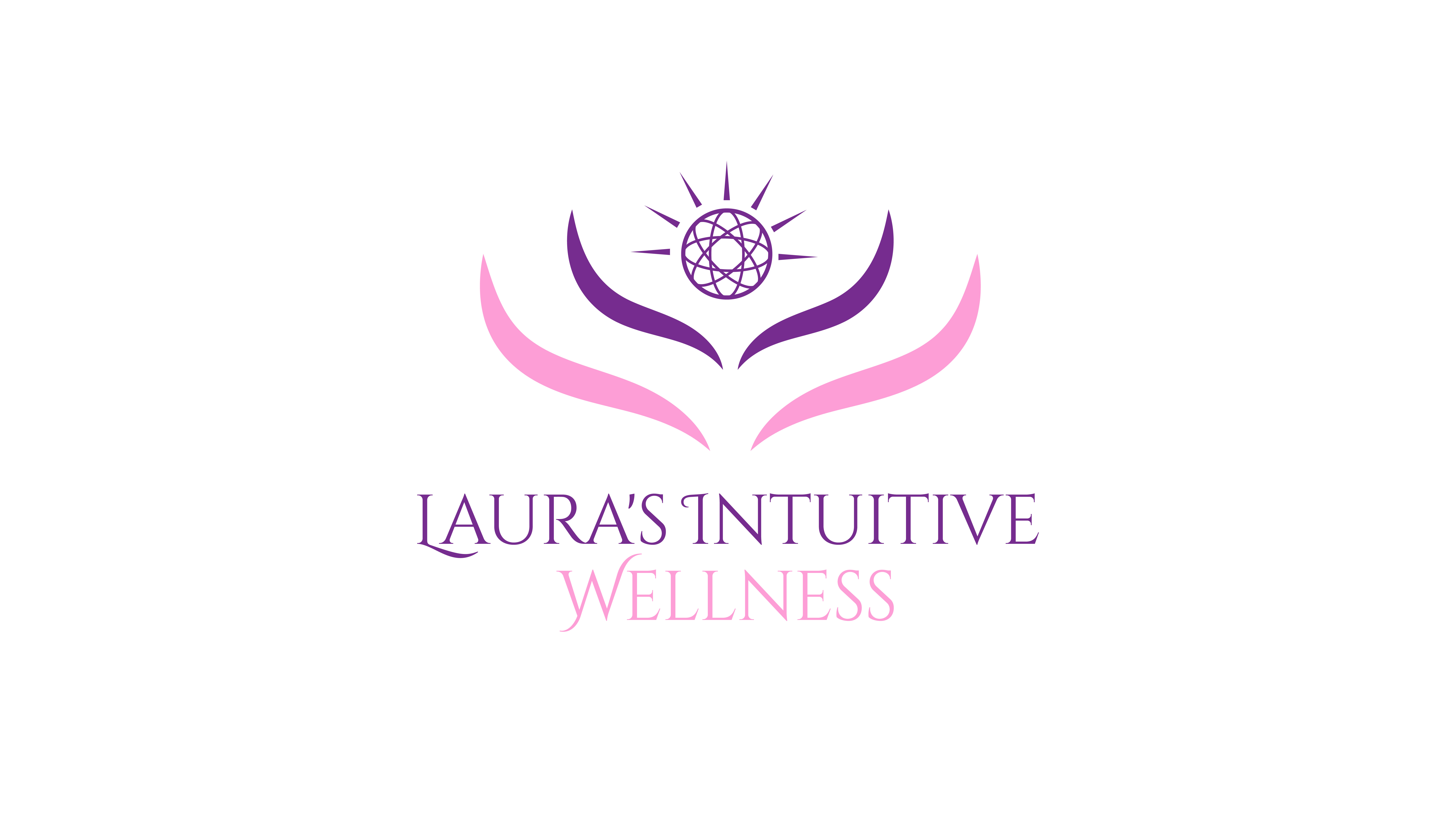Uncovering the Mystical Ways of Sound Therapy: An Exploration of Its Potent Healing Abilities
- Laura Hoffman

- Oct 28, 2024
- 4 min read
Sound surrounds us every day, filling our lives with rhythms and melodies that resonate deeply within us. But sound is more than mere entertainment; it has an extraordinary power that can transform our wellness. In my practice, I’ve integrated sound therapy not only into my teachings and client sessions but also into my personal routine. Using sound bowls, gongs, and tuning forks has profoundly helped me align my mind, body, and spirit, creating a deep sense of calm and fulfillment within.

In this blog post, explore sound therapy and its potential as a powerful tool for healing. Get ready to uncover the profound effects of sound healing!
What Is Sound Therapy?
Sound therapy is a time-honored practice found in cultures worldwide. At its essence, it involves using sound—through voice (mantra), instruments, or the natural world—to create a healing atmosphere for both mind and body.
Various techniques are used in sound therapy, including Tibetan singing bowls, gongs, tuning forks, and even vocal toning. These sounds resonate with our physical bodies and energetic fields, encouraging relaxation, mental clarity, and emotional balance. Research supports what ancient philosophies have long believed: sound has the capacity to heal.
The Science Behind Sound Healing
Understanding sound therapy involves looking at how vibrations influence our bodies. Sound waves can produce specific frequencies that match our brainwaves, leading to altered states of consciousness.
Studies have shown that listening to soothing frequencies can result in positive physiological changes. For instance, regular sessions have been linked to improvements in sleep quality, with many participants reporting up to a 40 percent decrease in insomnia symptoms. The release of stress-reducing hormones helps calm the nervous system, making sound therapy a compelling option for stress relief.
The concept of entrainment demonstrates how our bodies synchronize with external frequencies. For example, when exposed to calm sounds, it's common for heart rates and brainwaves to align with the soothing rhythms, fostering relaxation and well-being.
Types of Sound Therapy
Sound therapy is not a one-size-fits-all practice; rather, it encompasses a wide range of techniques tailored to individual needs. Here are a few noteworthy types:
1. Binaural Beats
This technique uses two different frequencies played in each ear to create a unique perception in the brain. Binaural beats have been reported to improve focus and reduce anxiety, with studies indicating up to a 30 percent increase in concentration levels after sessions.
2. Tibetan Singing Bowls
Originating from the Himalayas, these bowls produce rich harmonic vibrations that promote deep relaxation and emotional release. Users often report heightened energy flow and stress relief, with some stating they experienced a 50 percent reduction in chronic pain after regular sessions.
3. Sound Baths
During a sound bath, participants are surrounded by soothing sounds, such as gongs, bowls, and chimes. This immersive experience allows the sounds to wash away tension and stress. Many attendees have expressed feeling a sense of profound relaxation, often measuring their stress levels as significantly lowered after just one session.
4. Vocal Toning
Using one’s own voice can stimulate healing. Vocal toning involves producing sustained vocal sounds that resonate with specific energy centers in the body, known as chakras. Studies show that vocal toning can elevate mood and improve emotional well-being, with users reporting a 60 percent increase in overall happiness.
The Benefits of Sound Therapy
The advantages of sound therapy extend far beyond relaxation. Practitioners have noted improvements across various areas, including:
1. Emotional Healing
Sound therapy can tap into emotions that are stuck or repressed. Vibrations may release emotional blockages, allowing individuals to experience cathartic healing. Many testify to feeling lighter and more at peace after sessions.
2. Physical Healing
Some practitioners believe sound vibrations facilitate physical healing. Improved blood circulation and reduced inflammation are often cited, with studies pointing out that sound therapy can increase circulation by as much as 20 percent over time. As tension eases, the body's natural healing processes can take over.
3. Enhanced Meditation
For those looking to deepen their meditation, sound therapy can create an environment conducive to relaxation and mindfulness. The right sounds help the mind settle, making it easier for individuals to reach meditative states.
4. Improved Mental Clarity
By reducing anxiety and promoting relaxation, sound therapy can enhance mental clarity and focus. Many practitioners find that their thoughts become clearer and better organized after a sound therapy session.

Embracing the Power of Sound Therapy
In today's fast-paced world, sound therapy offers a soothing remedy for stress and disconnection. With its foundation in ancient wisdom and modern scientific support, it stands as a valuable tool for enhancing overall well-being.
Whether you are seeking emotional healing, clarity of thought, or a deeper connection with yourself, sound therapy can guide you to a serene and fulfilling wellness journey. Consider embracing the transformative magic of sound in your daily life. Explore, listen, and let the healing vibrations shape a healthier, happier you!
Unlock the healing power of sound, and allow it to lead you on a journey to wellness. Discover how sound can transform your life for the better! Reach out to Laura to learn more!
Blessings, Laura




Comments